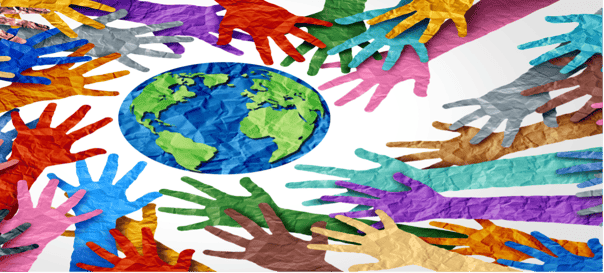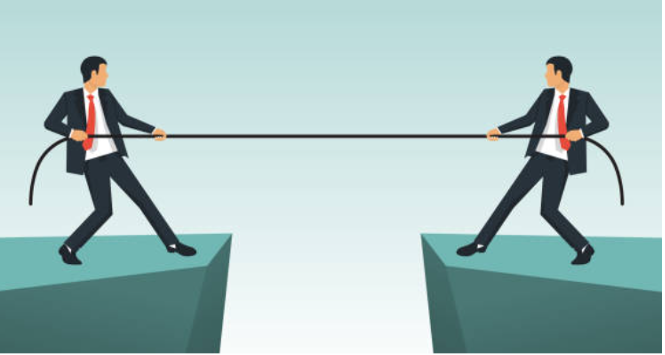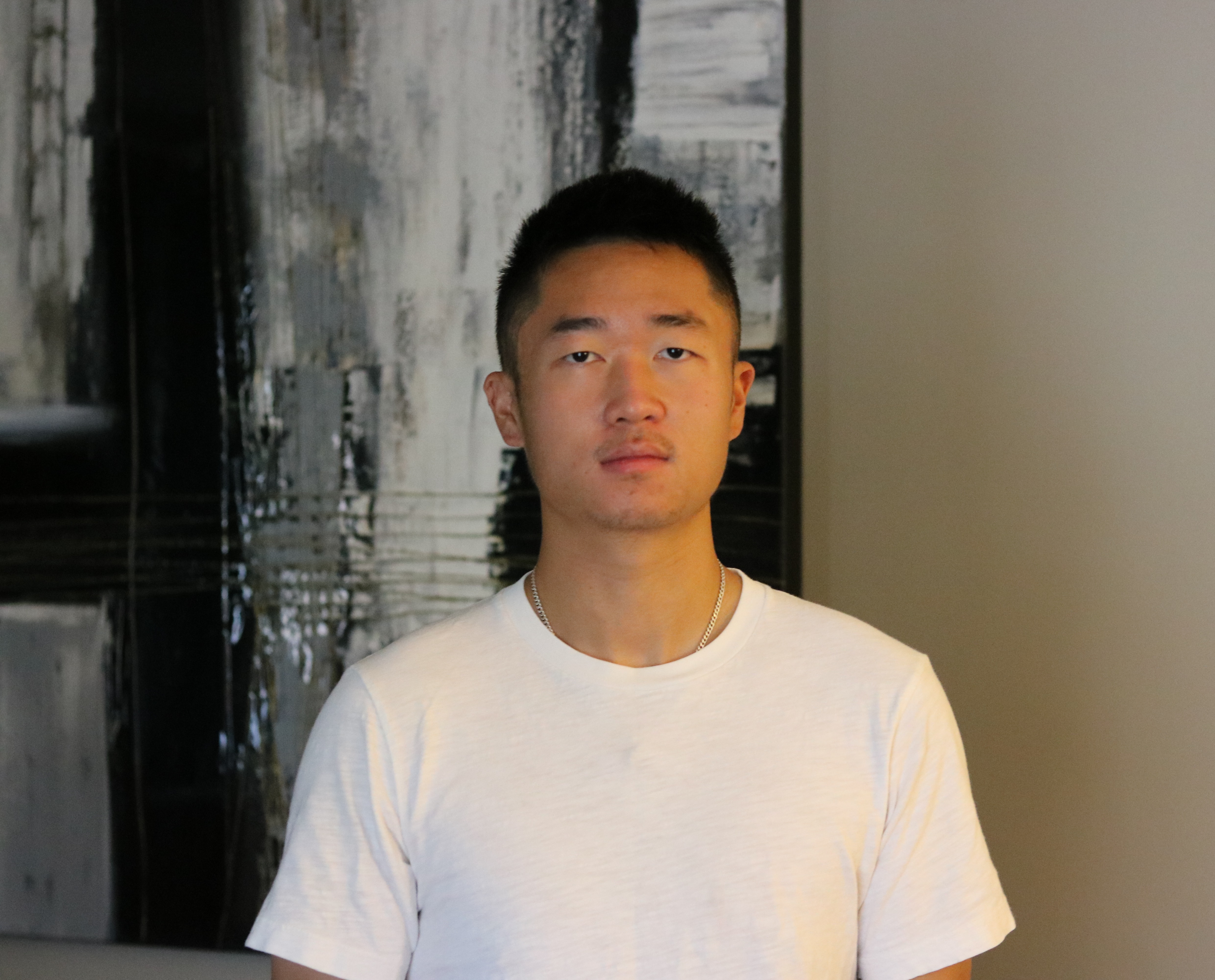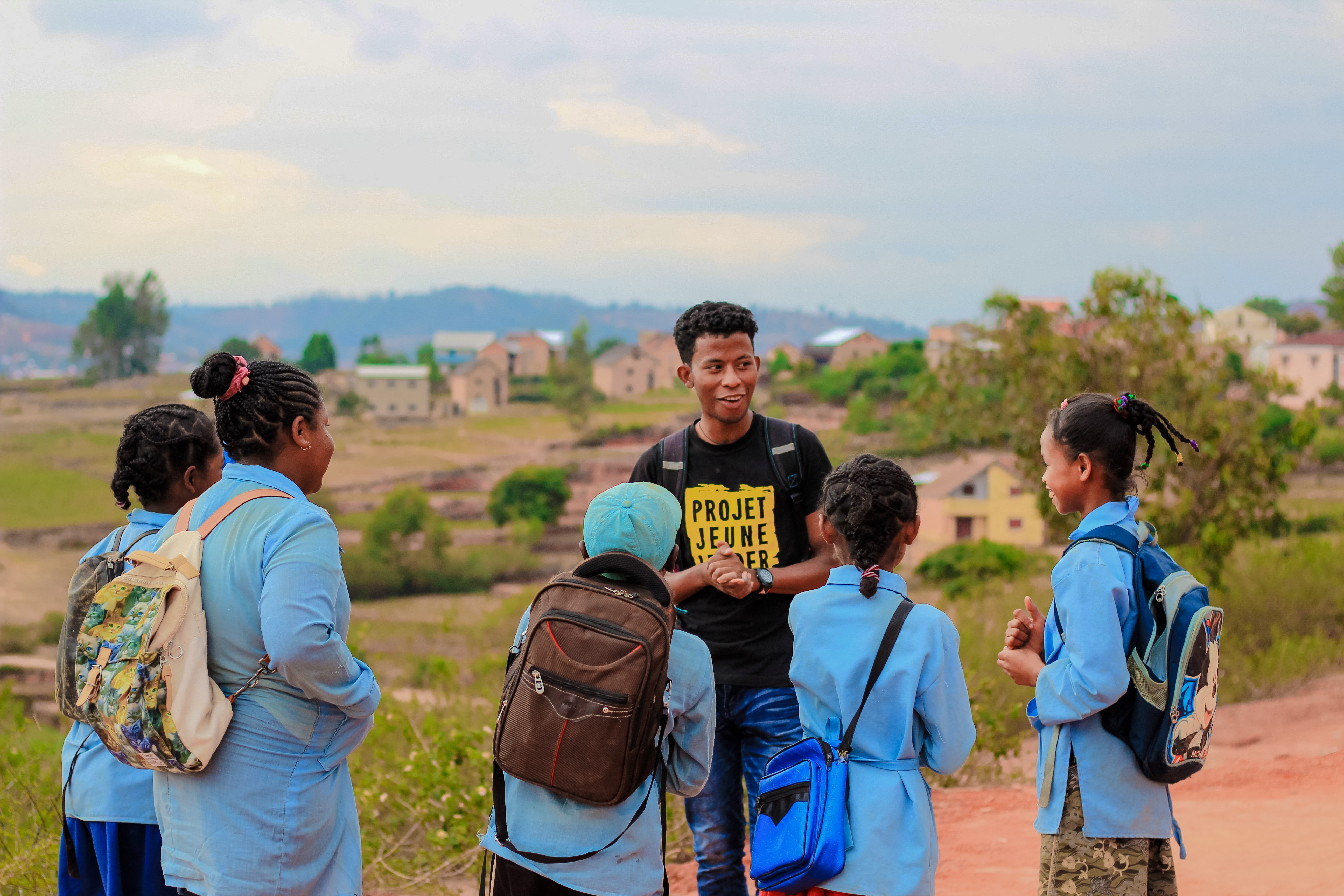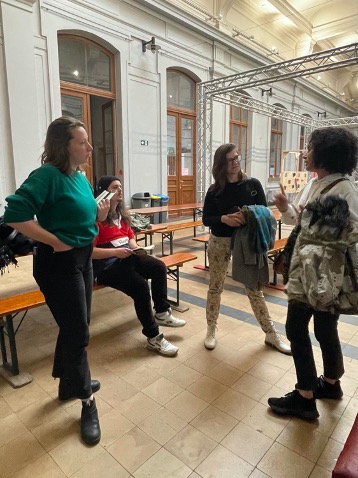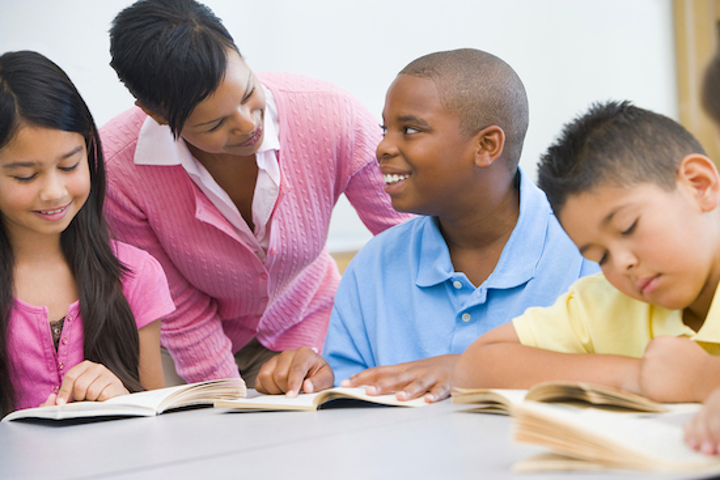This resource is also available in French. Click here to access the French version.
It's likely that you’ve participated in soccer, basketball, or swimming that takes place at a local community centre. One reason we all love recreation is that it provides us an opportunity to engage in our community and be socially connected. However, when there is competition, there can also be conflict, which many of us have experienced in the workplace, school, or on a sports team. In this blog, I discuss what intercultural fluency, effective communication, and conflict resolution are, why they’re important, and how they apply to our professional lives. Such experiences are based on my involvement with the City of St. Catharines fieldwork placement.
Intercultural Fluency
Practicing intercultural fluency means being able to understand, respect, and learn from the complex social, economic, cultural, and political nature of diverse people. This encourages inclusivity and awareness in all interactions. As a Chinese/Canadian student studying at Brock University, I’m consistently learning how to practice both my East Asian and Canadian cultures. I believe this was an advantage for me when familiarizing myself with my placement role.
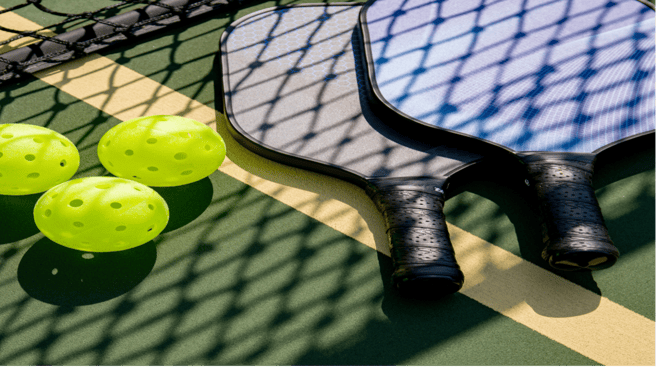
In my fieldwork placement at the City of St. Catharine’s Recreation and Leisure Department, many sports programs are offered at various levels and registration options such as drop-in programs or membership packages and are tailored towards providing convenient and accessible opportunities for participation considerate of any age and skill level. My role at placement, working under the Recreation Program Coordinator, was to collect data and provide recommendations for developing program growth and awareness.
Certain cultures have different opinions on rules and program structure that affect the operation process. Developing intercultural fluency has helped me understand that different viewpoints occur, and it may be a result of political, cultural, or economic traditions. Ultimately, intercultural fluency affects the way we embrace our surroundings and view different cultures. Although there is no immediate solution, becoming more interculturally aware can help us all be more understanding and respectful towards the different cultural values and perspectives that we all carry. As a student who wants to pursue a career in sports and recreation, continuing to be reflexive in my cultural awareness enables me to examine the root cause of certain conflicts and create strategies to make programs more inclusive for individuals from diverse backgrounds.
Effective Communication
Effective communication is how we effectively convey and receive information, both formally and informally, using verbal and non-verbal skills and can be applied in diverse situations. Being able to effectively communicate is an essential aspect of professional growth. Being an effective communicator means more than being able to write or speak well— one must blend it all together. Communication allows us to express ourselves and share new ideas. For example, using non-verbal forms of communication, such as body language, can directly enhance a presenter’s delivery strengths and audience engagement during meetings and be accompanied by verbal delivery. Someone may have a good idea or something they are prepared to contribute; however, not being able to effectively communicate their ideas can hinder work performance and can create limitations for the company or professional industry you may be working in.
Something I found difficult during my placement experience was being able to clearly articulate my ideas and communicate findings from the data I collected. For instance, I worked with Microsoft Excel to input program pricing and participant registration numbers across the region. I found it challenging to communicate the findings to my supervisor. At the end of my placement, I was able to effectively collect and present data during meetings, which was important as it gave me the opportunity to share my ideas and opinions.
Conflict Resolution
Conflict resolution is a process that attempts to reach a peaceful solution for those involved in the conflict. Craston (2021) recommended three steps toward conflict resolution:
-
Identify the Conflict. Identifying and analyzing the conflict can help understand the needs of both parties. Try asking questions to help bring clarification on the conflict—the more information you have, the better you will be able to resolve the issue.
-
Active Listening. Strong listening skills are key for conflict resolution to ensure you gather all relevant information, which will help you understand why there is a conflict.
-
Establish a Plan that Meets the Goal. Finally, aim to understand the main goal and find common grounds from both parties. Establishing a plan will allow people to brainstorm effectively while working as a team.
I experienced conflict during placement concerning gym space and player levels. More advanced players wanted to have their own gym time; however, we couldn’t accommodate them based on facility space availability.
Putting it All Together
Developing intercultural fluency, effective communication, and conflict resolution are essential for engaging in the workplace and becoming a diverse student and employee. These skills will help me in my personal, educational, and professional development. Working for the City of St. Catharines was a privilege. I am confident I will bring these experiences of cultural diversity and being an effective communicator with me to my professional work. I look forward to contributing to helping recreation and leisure becomes more accessible and enjoyable for individuals/families from diverse backgrounds.
